Generic Zide (Hydrochlorothiazide)
Hydrochlorothiazide is a thiazide diuretic (water pill) that helps prevent your body from absorbing too much salt, which can cause fluid retention. The medication hydrochlorothiazide is used to treat hypertension, or elevated blood pressure. Additionally, hydrochlorothiazide is used to treat edema, or fluid retention, in patients with kidney disease, cirrhosis of the liver, congestive heart failure, and edema brought on by steroid or estrogen use.
Zide Information :
Uses :
Hydrochlorothiazide works by increasing the amount of urine that is passed out from the kidneys. It efficiently treats oedema, or swelling, brought on by heart, liver, kidney, or lung diseases as well as excess fluid levels in the body. This lessens the heart’s workload and improves the heart’s ability to circulate blood throughout the body. Consequently, it assists in lowering hypertension, which lowers the risk of a heart attack or stroke.
You can consume food or not when taking hydrochlorothiazide. It is best to down it whole along with a glass of water. Never bite, chew, or break it. Depending on your particular medical condition, your doctor will advise you on how often to take your tablets.
Precautions & Warnings :
Inform your doctor before taking hydrochlorothiazide if you have any of the following conditions: diabetes, asthma, glaucoma, increased uric acid levels (gout), liver disease, kidney disease, or allergy to antibiotics (such as penicillin or sulpha drugs). Individuals who are allergic to hydrochlorothiazide, have low blood pressure (less than 90 mm Hg), have experienced a heart attack, have renal disease, or have liver disease should not take hydrochlorothiazide. In addition, it is not recommended in cases of cardiogenic shock, aortic stenosis, or low blood pressure (hypotension), which is characterized by an abrupt stoppage of blood flow to the heart.
Tell your doctor if you intend to become pregnant, suspect pregnancy, are nursing a child, or are any of the aforementioned situations. Your doctor will only prescribe hydrochlorothiazide if the advantages outweigh the risks. To rule out any possible side effects or interactions, let your doctor know about all of your current medical conditions and treatments before starting hydrochlorothiazide.
Side Effects :
The following is a brief summary of some of the mild side effects that oral hydrochlorothiazide tablets may have. Consult your physician or pharmacist, or review the prescribing information for hydrochlorothiazide oral tablet, to find out about additional mild side effects.
Hydrochlorothiazide oral tablet mild side effects that have been documented include
- Dizziness
- Headache
- Slow heart rate
- Nausea
- Constipation
- Hypotension
Many medications have mild side effects that usually go away in a few days or weeks. Consult your physician or pharmacist, though, if they start to cause you problems.
Interactions :
Metoprolol, ramipril, atorvastatin, and other blood pressure-lowering medications may interact with hydrochlorothiazide. It can also cause severe conditions by lowering blood pressure. In addition, it interacts with medications used to treat epilepsy (carbamazepine, phenobarbital), depression (lithium), immune suppression (cyclosporine), diabetes (metformin), and painkillers (ibuprofen, aspirin), among other conditions. Consult your physician if you take any of the aforementioned medications.
People who have heart valve problems (stenosis), low blood pressure (hypotension), coronary heart disease, liver disease, heart failure, gout, low serum potassium (hypokalemia), patients with no urine output (anuria), or any combination of these conditions should not take hydrochlorothiazide.
Overdose :
If someone has overdosed and is experiencing severe symptoms, such as unconsciousness or difficulty breathing, call 911. If not, immediately contact a poison control center.
Missed Dose :
Try to take it at the same day every day. Do not double the dose if missed.
Storage :
Store at room temperature away from light and moisture. Do not store in the bathroom. Keep all medications away from children and pets.


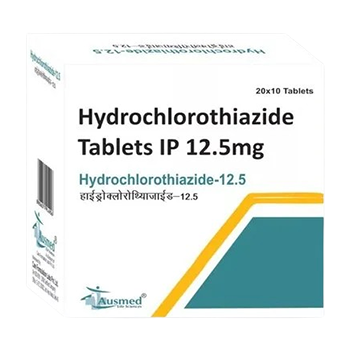
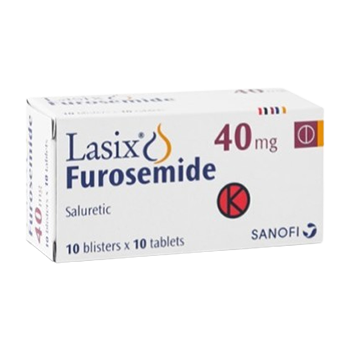
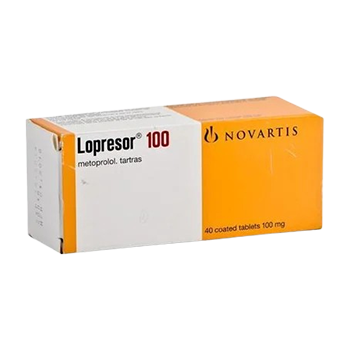
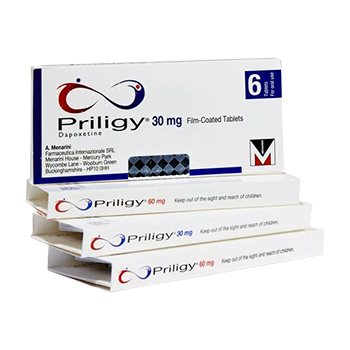
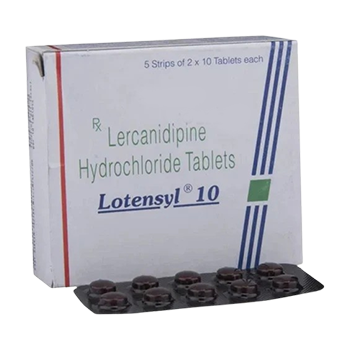
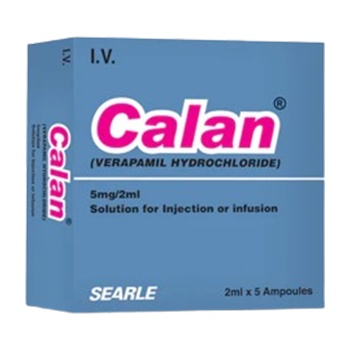
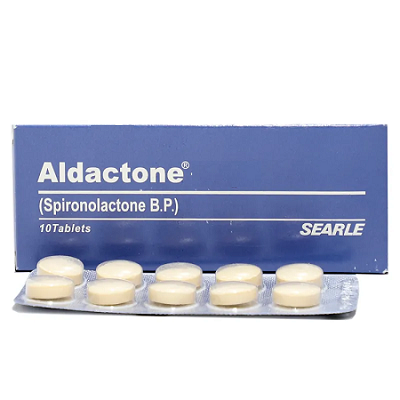




Reviews
There are no reviews yet.